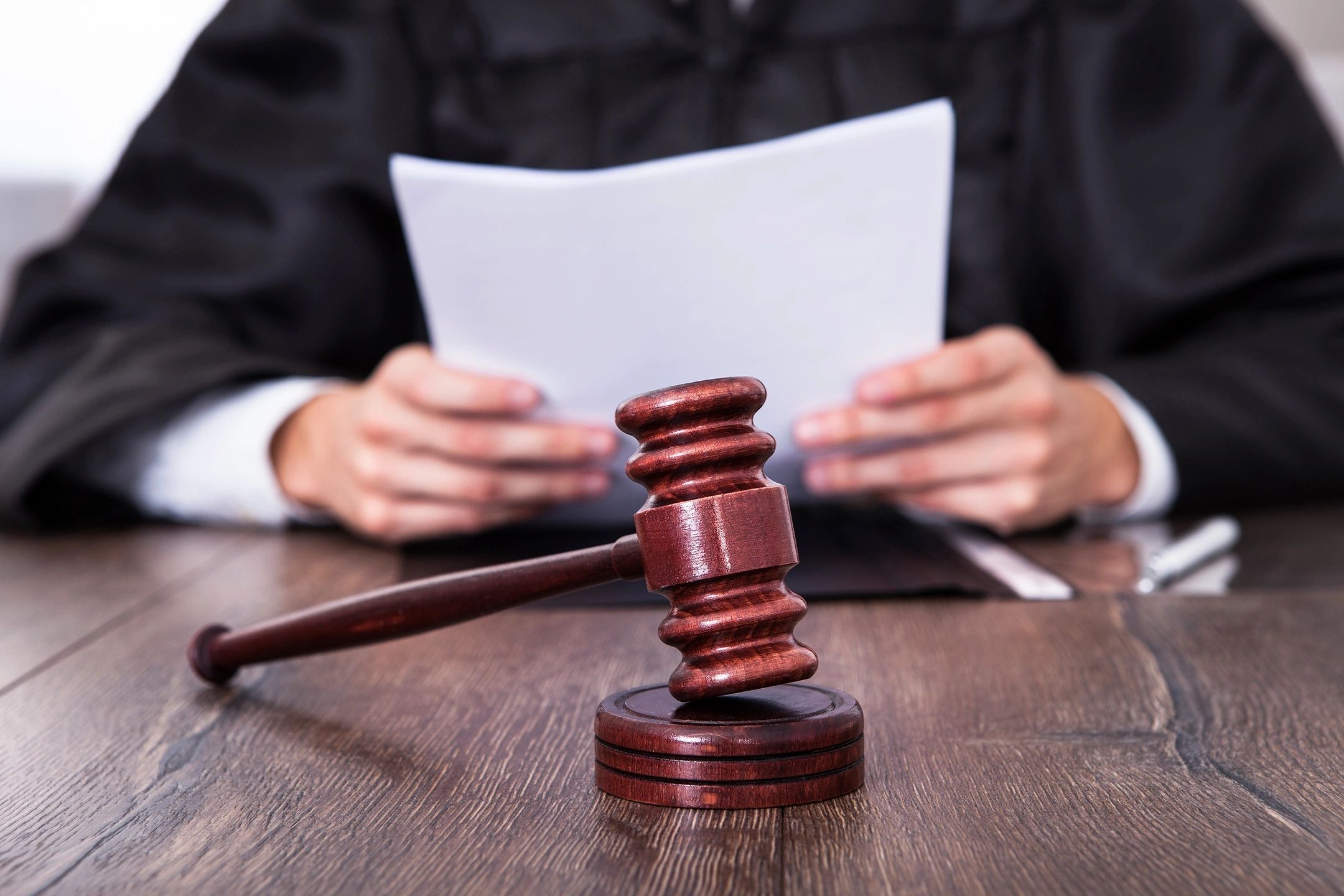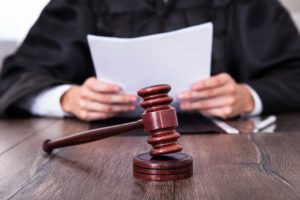Court should not appoint Special Master sua sponte for Conventional Quiet Title

 For a conventional quiet title action, only the Plaintiff may request a special master. The holding of the Court of Appeals in the case of Patel v. Patel, 802 S.E.2d 871 (Ga. App. 2017) reversed a trial court for appointing a special master sua sponte:
For a conventional quiet title action, only the Plaintiff may request a special master. The holding of the Court of Appeals in the case of Patel v. Patel, 802 S.E.2d 871 (Ga. App. 2017) reversed a trial court for appointing a special master sua sponte:
“By the plain language of the statutory authority, when a quiet title action is instituted pursuant to OCGA § 23-3-40 et seq., the appointment of a special master is made “[a]t the option of the complainant.” OCGA § 23-3-43. Here, the trial court’s sua sponte invocation of OCGA § 23-3-60 et seq. and its appointment of a special master over the Patels’ objection—particularly in light of their immediate and repeated declarations that they were unable to pay for the services—was patently unauthorized. See OCGA § 23-3-43; Boyd v. JohnGalt Holdings, LLC, 294 Ga. 640, 643 (2), 755 S.E.2d 675 (2014) (recognizing that the power to dictate the appointment of a special master in an action under OCGA § 23-3-40 et seq. rests exclusively with the plaintiff). Cf. Stephens v. Department of Transp., 170 Ga.App. 784, 787-788 (1), 318 S.E.2d 167 (1984) (holding, under a separate statutory scheme, that the trial court erred in sua sponte appointing a special master when the statute contemplated that appointment was to occur upon the petition of a party). Therefore, the trial court’s Appointment Order is hereby reversed.” Patel v. Patel, 802 S.E.2d 871 (Ga. Ct. App. 2017).
However, note that some judges, including Judge Flake in DeKalb County Georgia, tend to appoint a special master in a conventional quiet title action, under the auspices of their authority in Uniform Superior Court Rule 46.